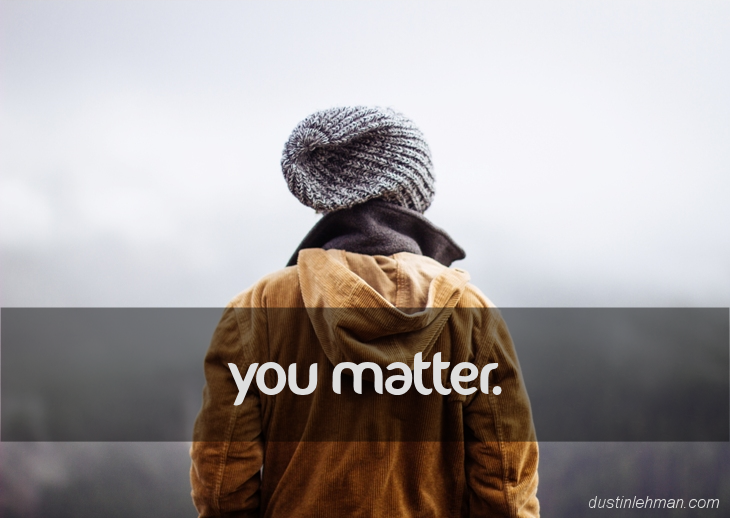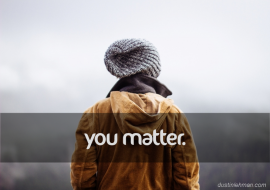
9 Things to Do When Someone Has Hurt You
Originally posted on Psychology Today, February 2, 2016
Being able to put your past abuse into perspective doesn’t mean you will be immune from being hurt in the present. If you are around people for very long, you will end up hurt by someone.
Your past patterns of dealing with being hurt are not those you want to continue. So here are some steps you can take to deal with new situations. They will help you develop some new techniques and keep you from reacting to new hurts in old ways.
1. Recognize the offense for what it is.
Is it intentional? Is it unintentional? Is it a misunderstanding? Listen to what your heart tells you about what happened. Usually your gut reaction is a good indicator of what you really think. However, listen to the truth behind that reaction to make sure it’s not an old one coming up from your past. Choose to respond intentionally instead of reacting instinctively.
2. Resist the tendency to defend your position.
If you determine that you need to confront the person who has hurt you, offer only your point of view about the incident. It is amazing how many confrontations you can diffuse by removing defensiveness and hostility. When you stick to what you are feeling, you give the other person permission to explain his or her point of view. Then together you can come to a consensus, hopefully resulting in mutual forgiveness.
3. Give up the need to be right.
This can be an unfortunate leftover of past abuse and can escalate a bad situation into a worse one. Other people are entitled to their own thoughts and opinions. When differences of opinions arise, it does not necessarily dictate that one person is right and the other is wrong. You may simply disagree.
4. Recognize and apologize for anything you may have done to contribute to the situation.
Make certain, however, that it is a legitimate wrong or oversight and not false guilt brought on by past situations. However, don’t assume that past abuse gives you a pass on your own responsibility for your actions. Treating someone badly and then blaming it on something in your past does nothing in the present to help the other person, who is not to blame for your past abuse.
5. Respond, don’t react.
This will require you to pause long enough to take the opportunity to think and evaluate. Sometimes, just waiting will add needed perspective. By responding and not just reacting, you exert control over your behavior. Past emotional abuse may have caused you to develop some pretty sensitive buttons that others can inadvertently push without understanding the consequences. Learning this skill will help you respond appropriately, giving your responses greater power and meaning for others.
6. Adopt an attitude of bridge-building as opposed to attacking or retreating.
A conciliatory attitude is much easier for everyone to deal with than a hostile, defensive one. Practice maintaining an attitude of love and acceptance. This doesn’t mean youagree with the person who has hurt you or with what he or she has done. Rather, you have chosen to respond in a certain, predetermined way. When you present your concerns with a door open to reconciliation, you should find yourself pleased at how often the other person will opt to walk through.
7. Realize that you may be the target of someone’s anger but not the source of it.
You may find yourself in the unenviable position of being the proverbial straw that broke someone else’s back. Take responsibility only for your part, and avoid falling into the trap of accepting false guilt from others.
8. Create personal limits.
This is part of reclaiming your personal power. You have the right to define what your limits are—and insist that they be respected.
9. Realize that even if someone has hurt you, that need not take away your personal happiness.
Remember, you are in charge of your attitude and response. You can get over it and go on. If the hurt was unintentional, ask yourself, “Why am I magnifying it by holding on to it?” If the hurt was intentional and forgiven, ask yourself, “If the person has asked for my forgiveness and moved on, why am I still stuck in the pain?” If the hurt was intentional and unforgiven, tell yourself, “I choose to forgive the pain the person caused me so I can move past it.” Then reassert yourself and determine to be happy. That’s a choice you should reserve for yourself.








